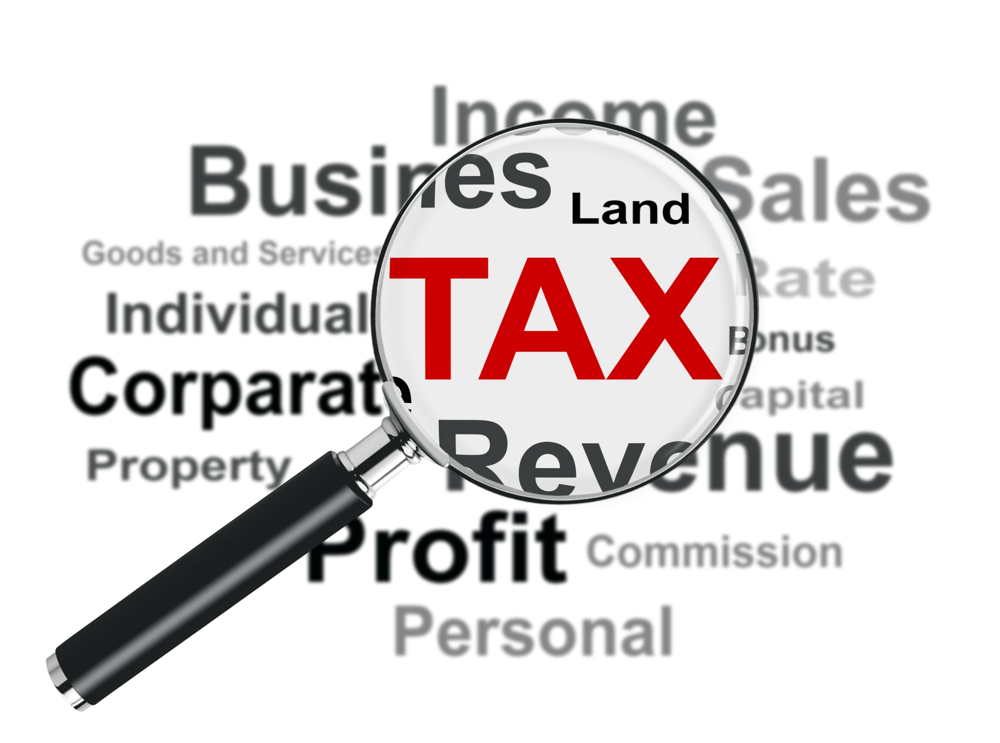The last tax season before the dreaded expat tax rules bite is underway in South Africa.
Changes to the rules detailing who must file a tax return are already confusing many taxpayers.
The biggest change is that anyone earning less than R500,000 does not need to file a return – subject to some conditions.
The conditions are:
- Employment income for the year before tax is R500,000 or less – which is a gross income figure
- Taxpayers only have income from a single employer during the year
- They have no other income, such as a car allowance, self-employed income, property rental earnings or taxable interest from savings
- No claims are made for additional allowable tax-related deductions, like medical expenses, retirement annuity contributions or travel costs
Tax filing opens August 1 for all taxpayers, but digital platforms are available for e-filing from July 1.
Expat tax
“We continue to encourage taxpayers to convert to online filing. This makes the submission of returns simpler and convenient but also facilitates our overall objective of improving voluntary compliance,” said South African Revenue Service Commissioner Edward Kieswetter.
From next year, South African expats earning more than R1 million overseas must declare their offshore earnings in their tax returns – and face paying income tax at a 40% rate on money that never goes to South Africa.
The move is part of a major revamp of the South African tax system aimed at stamping out tax evasion.
But the move also scraps the SARS foreign employment income tax exemption for expats.
Financial emigration
For instance, an expat earning R3 million in a zero-tax country like the United Arab Emirates is likely to pay income tax at 45% on R2 million after the R1 million exemption is deducted.
That could make a tax bill of R900,000 when previously no tax was paid.
Who pays the tax boils down to if someone is resident in South Africa even though they may live and work overseas.
Some tax experts report a massive spike in inquiries from expats about financial emigration and if taking that step can help them avoid the new expat tax.
Government data suggests 800,000 expats will be dragged into the new tax net when the rules become law from March 2020.
